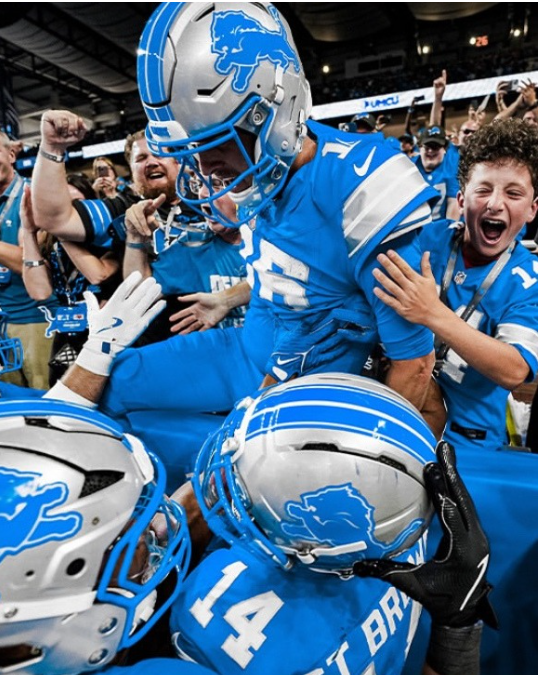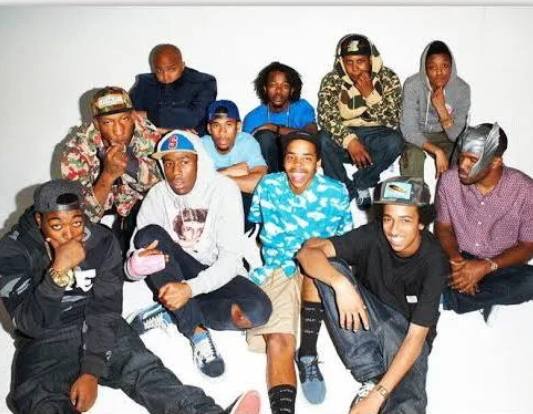For many high schoolers, energy drinks have been part of their daily routine, sometimes even more often consumed than coffee because of how quick and easy they are to access. Brands like Alani, Celsius, Monster and RedBull are part of every teen’s pre-sport and pre-study routine. But a TikTok rumor emerging and being put into study suggests that the habit might come with a serious long-term cost: women who consume energy drinks daily, or even multiple times a day, are at risk of permanently decreasing their fertility by as much as 33%. Yes, the number is shocking, but is there really any truth to it?
Vivian Sesi, a se at Rochester High School, explained, “I drink them pretty much every school day, about 5 times a week. Alani for sure.” She says she switches from coffee to energy drinks because they’re cheaper, they have more caffeine and fewer calories.
When asked about the TikTok fertility claim, Sesi admitted, “I’ve seen stuff about it on social media, but I’ve never seen factual evidence about it. If I saw any actual evidence of energy drinks being linked to fertility, I would 100% stop drinking them. Risking the inability to have my own children just for a drink would be stupid.”
What Science Actually Says
So far, there is no peer-reviewed study that proves energy drinks cut women’s fertility by a third. That exact statistic just simply doesn’t exist. However, researchers have studied caffeine and sugary drinks more broadly and made some discoveries.
A 2018 Boston University study found that women who drink at least one sugar sweetened beverage a day (including sodas and energy drinks) had 25% lower fecundability (chance of conceiving in a given month, while fertility is the biological ability to have children). Men who consumed the same way had an even larger effect of about a 33% decrease in fecundability. Yet, no study to date singles out energy drinks as uniquely harmful for fertility on their own.
Despite the shaky science behind this viral TikTok claim, energy drink habits are firmly part of student life. “I think girls are more likely to [drink them]. I don’t see boys carrying around energy drinks very often,” Sesi says. She added that side effects are real, “I sometimes get shaky and anxious when I have too much caffeine on an empty stomach.”
Sesi’s advice to younger teens is simple: she says, “Don’t drink caffeine every day. Once you start doing it and build that habit, it can be hard to stop relying on it as an energy source.”
In the end, the TikTok rumor of a 33% drop in fertility from energy drinks is not backed by science, but studies do suggest that high sugar and caffeine intake can affect reproductive health, making a moderate consumption of caffeine the safest choice for teens who reach for a daily can of poison.











